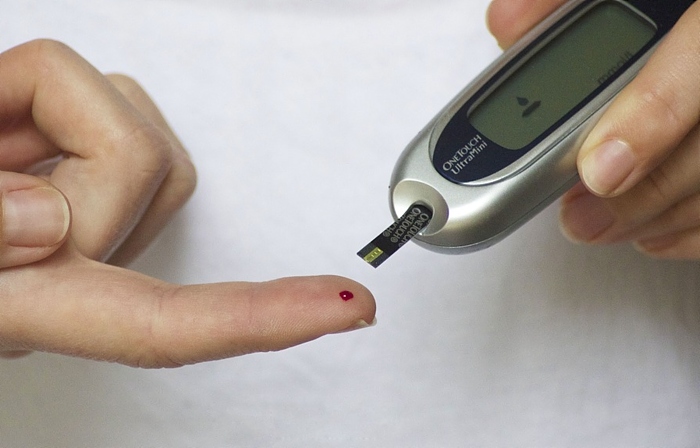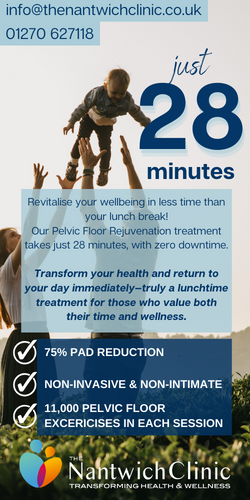
Almost 10,000 people in South Cheshire were diagnosed with type 2 diabetes last year, health chiefs have revealed.
Now doctors are urging people to make urgent lifestyle changes or face risking life-threatening health problems.
Latest figures from NHS South Cheshire Clinical Commissioning Group show 9,615 people were diagnosed in 2018.
That is 5% of the population. Of those, 57% are male and 57% are are aged over 65.
Figures also show 89% of people with type 2 diabetes are of white ethnicity, with 4% are from a minority ethnic group
21% of people with type 2 diabetes are from the most deprived quintile compared to 24% in England, the statistics show.
This week is national Diabetes Prevention Week (1-7 April) which has prompted local health professionals to encourage people to look at simple lifestyle changes such as eating better and exercising more to help prevent the onset of type 2 diabetes.
Diabetes is a condition that causes a person’s blood sugar level to become too high.
Type 2 is when the body doesn’t produce enough insulin, or the body’s cells don’t react to insulin. This is the most common type of diabetes.
Over a long period of time, high sugar levels in your blood can seriously damage the heart, eyes, feet and kidneys.
Dr Sinead Clarke, local GP and clinical lead for diabetes for NHS South Cheshire CCG and NHS Vale Royal CCG, said: “It is estimated that around five million people in England are currently at risk of developing type 2 diabetes; which can lead to other serious conditions including strokes, heart disease, limb amputation and early death.
“There are a number of things you can do to reduce your risk of developing this condition.
“Make sure you get a good amount of exercise; aim for 2.5 hours week. This can include time at the gym, a brisk walk or climbing the stairs.
“It is also important that you maintain a healthy, balanced diet.
“Try to limit the amount of cakes and sweets you eat and replacing them with healthier snacks.
“Limiting your alcohol consumption will also reduce your risk of developing diabetes.”
The NHS Diabetes Prevention Programme, ‘Healthier You’, is a free local service for those who are at risk of developing type 2 diabetes.
The programme is designed to stop or delay the onset of the disease through a range of personalised lifestyle interventions.
These include education on lifestyle choices, advice on how to reduce weight through healthier eating and bespoke physical activity programmes.
And many people don’t realise they have diabetes as they may not think the symptoms are important so don’t ask for help.
Symptoms include feeling very tired, needing to wee a lot, feeling extremely thirsty, cuts and grazes healing slowly, and getting infections like thrush.
Since the programme started in 2,500 people have already been referred onto the local NHS Diabetes Prevention Programme, with an average of 20% per cent taking up the offer.
For more details, visit http://www.southcheshireccg.nhs.uk/pages/13511-diabetes

















I was diagnosed as type 2 last year, my weight was 125kg, my doctor wanted me to start insulin and encouraged a diet with an alarming amount of carbs, so I went to boots and bought a blood sugar tester that I used every day, and started on a Atkins type diet. I.e no carbs….. and when I say no carbs I really mean none. So lots of meats and fish, eggs etc. I also got some useful information here http://mydiabetesway.com/7-steps-to-health-and-the-big-diabetes-lie-review I gradually started loosing weight at a rate of 3kg per month and Im now 94kg, I have never taken insulin and in a few months I will be my target weight. my lifestyle can never go back to carbs, but I can have some nowerdays without my blood sugar increasing, so if I want a curry I can have a Nan bread with it but no rice chips etc. And to be honest when you cut out carbs you can eat a lot of really tasty things that help lose weight a fry up without the beans is fine, lamb chops and kebabs without the bread etc. The only downside is because of the extra fat intake I need to be doing daily cardio. I really believe doctors are offered too many incentives by drug companies and tend to love writing prescriptions instead of encouraging a positive change in our lifestyles.